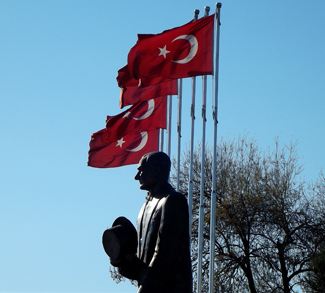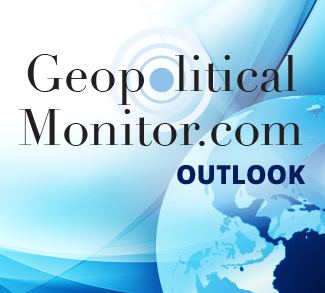Summary
Turkey is often regarded as the beacon of democracy in the Middle East and the “best model for change” in the region. Recently, however, political commentators have cast doubt on this ideal as a result of President Recep Tayyip Erdogan’s tightening grip of power and the AKP’s uninterrupted rule for the past 15 years. More specifically, Erdogan’s government has been widely criticized for its authoritarian tendencies with regards to restrictions on opposition parties, civilian oversight of the military, and limited press freedom.
Reporters without Borders ranked Turkey 155 out of 180 countries in its 2017 Press Freedom Index. Meanwhile, Freedom House’s latest report scores Turkey 4.5 on a scale from 1 to 7, with 7 representing ‘not free.’ A democracy is by definition a regime that has regular competition for government positions and allows its citizenry to participate in the selection of political leaders, often involving an array of civil and political liberties. While Turkey has been able to uphold the first half of this definition, the second half has weakened alongside the growth of the AKP’s political hegemony. Moreover, a downward trend in political rights (3 to 4) and civil liberties (4 to 5) has appeared in the aftermath of last year’s failed military coup.
As the original leader of the AKP (Justice and Development Party), Erdogan served as Turkey’s prime minister for over a decade, before finally becoming president in 2014. Moreover, constitutional changes won in Turkey’s referendum in April could allow Erdogan to stay in office until 2029. Indeed, the president’s extended tenure has been an experiment in just how long single-party dominance can coexist with the process of democratic consolidation.
Analysts have categorized Turkey as an illiberal democracy or hybrid regime (similar to states like Russia and Venezuela). Moreover, Turkey’s most recent retrogression has renewed debates over Islam’s compatibility with democracy. Some have referred to this as democratic back-sliding—a state-led erosion or elimination of political institutions that sustain democracy—most commonly manifested as executive aggrandizement, wherein the ruling executive seeks to weaken checks on its power through the undermining of the legislature, judiciary and opposition via legal means.
Turkey’s constitutional reforms under Erdogan’s leadership has become a textbook case of democratic backsliding. However, to understand the AKP’s transition from party hegemony to growing political corruption, a closer examination of history is in order.




